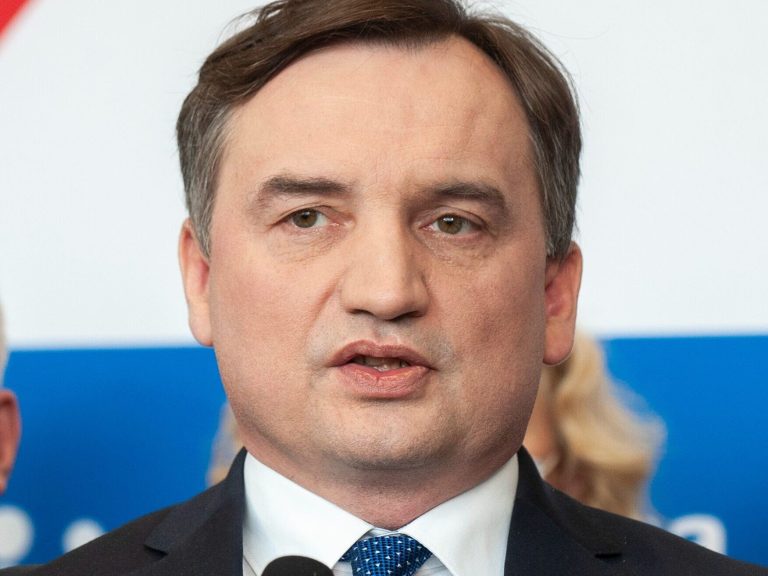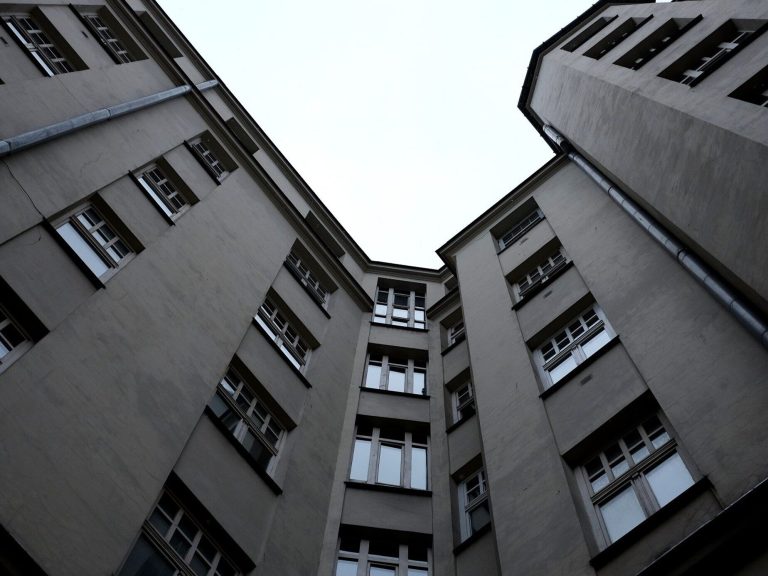An unusual complication after coronavirus infection. The first such case in history

Coronavirus infection carries the risk of various types of ailments. The most common “side effects” of COVID-19 include chronic fatigue and “brain fog”, i.e. difficulties in remembering and concentrating. Loss of smell and decreased muscle strength occur less frequently. Recently, scientists discovered another unusual complication.
A 15-year-old girl came to the emergency department with symptoms of respiratory failure. She had trouble swallowing and speaking. She had previously contracted the coronavirus. Acute symptoms of infection disappeared five days after infection. Later, however, attacks of shortness of breath appeared, which worsened after physical exercise. Initially, doctors thought her symptoms were related to asthma. They prescribed the patient bronchodilators. However, drug therapy did not bring any improvement. The girl’s case was consulted with an otolaryngologist, neurologist, psychiatrist, speech therapist and neurosurgeon. A number of imaging tests and cerebrospinal fluid analysis were also performed. Without result.
Vocal cord paralysis and COVID-19
Doctors suspected that the teenager’s health condition may be related to COVID-19. They found that the girl had bilateral vocal cord paralysis as a result of coronavirus infection. All other possible causes of the problem have been previously ruled out. This is the first such case in the world.
Post-viral neuropathy is a known cause of vocal cord paralysis. There have been several reports of paralysis of one or both vocal cords in adults who have had COVID-19, but specialists have never before encountered this complication in children. The described case requires more detailed analysis. However, the possibility of this type of symptoms appearing in teenagers infected with coronavirus should be taken into account.
COVID-19 on the attack
The girl underwent a tracheostomy procedure. It involves opening the trachea and inserting a tube into it to enable breathing. The young patient’s convalescence lasted 13 months, which indicates that vocal cord paralysis as a result of coronavirus infection may be long-term. It should be emphasized that the coronavirus still remains a significant threat and should not be underestimated. According to experts, the number of infections is increasing. Therefore, you should still be vigilant and take the necessary precautions (masks, distance, disinfection).






